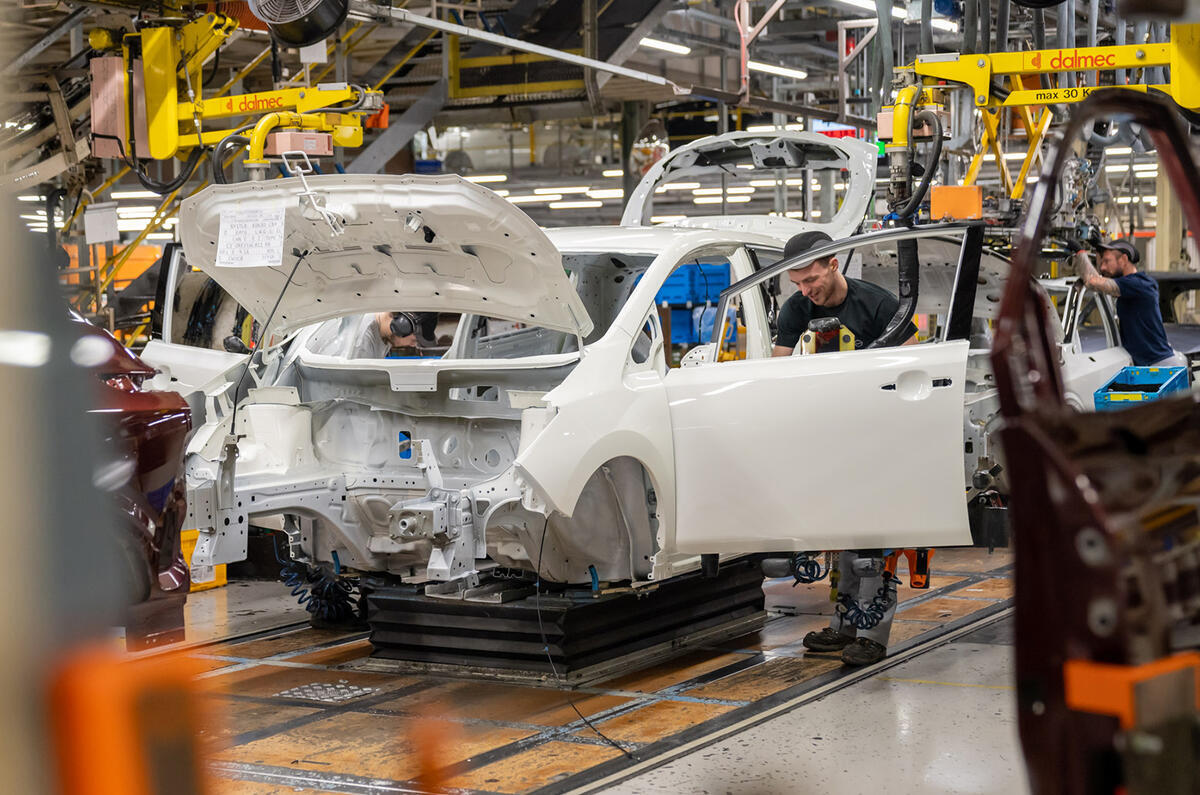Nissan CEO Ivan Espinosa said the company is committed to the future of its Sunderland plant but called on the government to make the UK a more hospitable place to build cars - or risk further factory closures.
Recently appointed to the top job at Nissan, Espinosa is tasked with leading the company out of a dramatic global slump - and he has already announced that the firm will cut 20,000 jobs globally and trim its worldwide production network from 17 vehicle factories to 10.




Add your comment